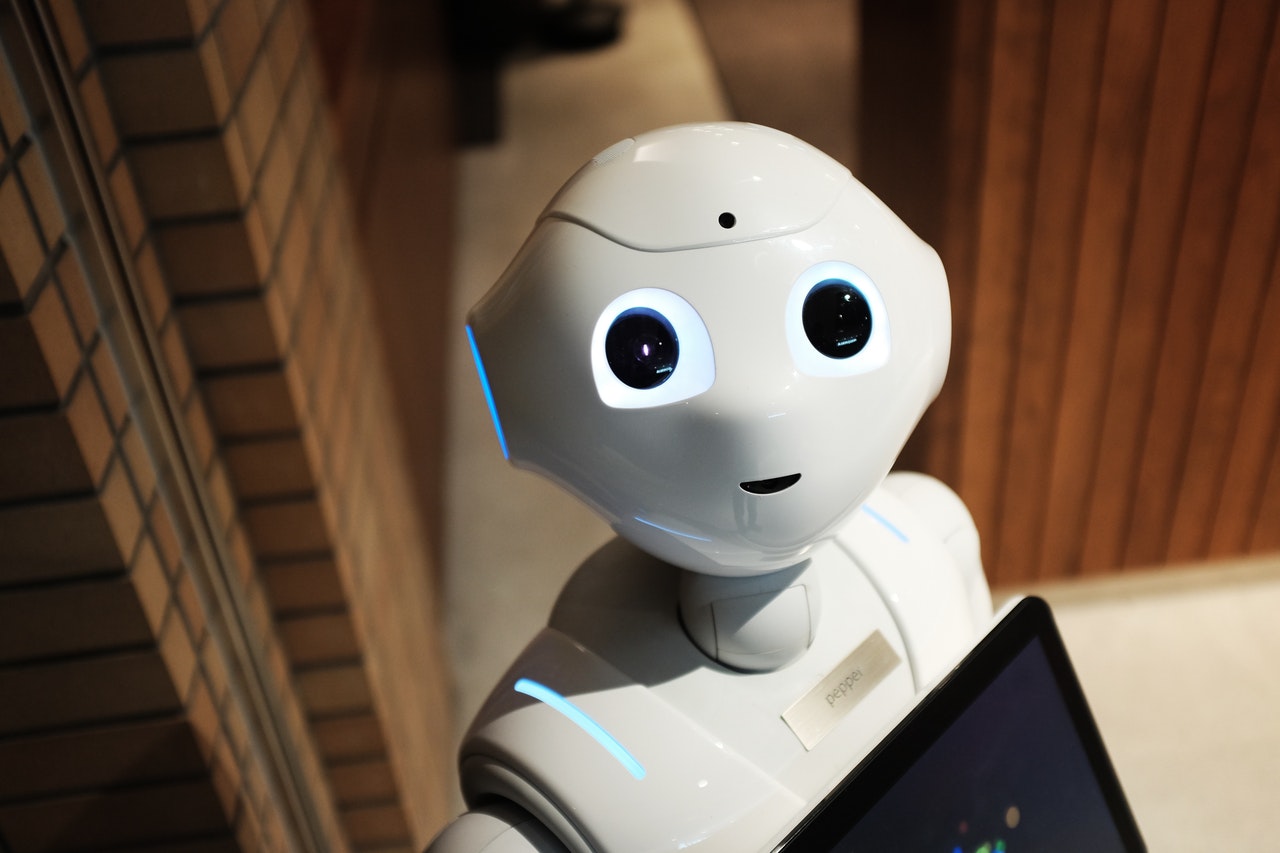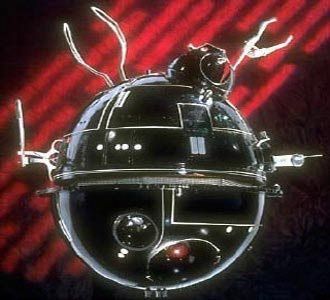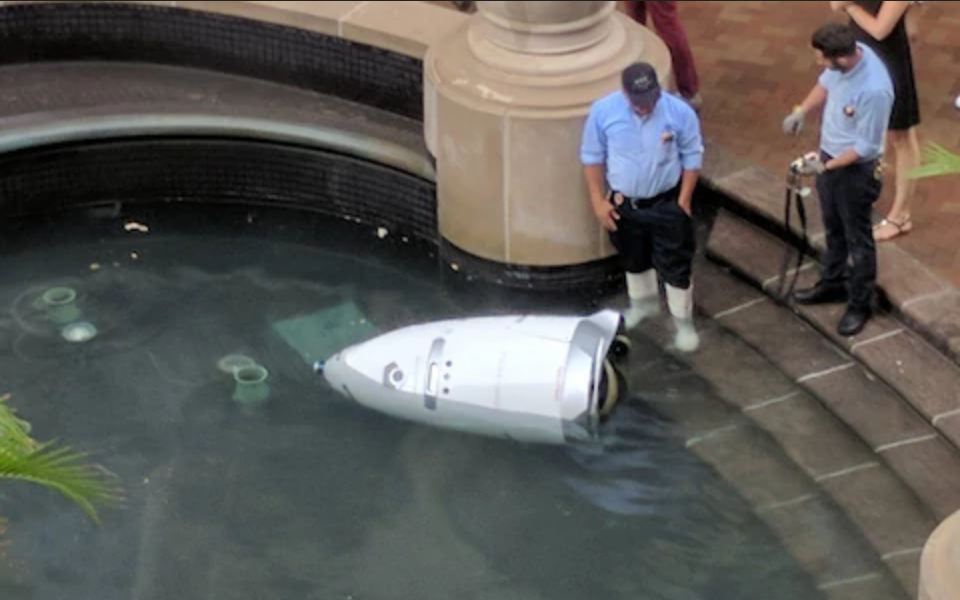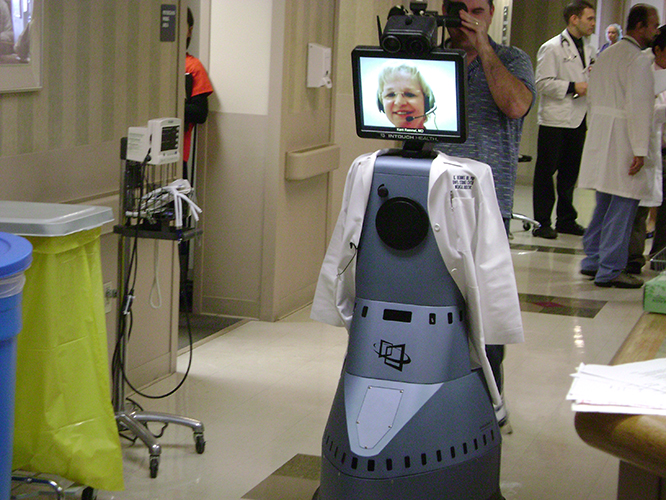This article is meant as a thought experiment for our readers. Thoughts expressed herein are the author’s and do not necessarily reflect that of RateFast.
It’s big news every time that somebody dies in an accident due to a self-driving car. The year is 2020 and it’s understandable why people still have concerns about having a self-driving car of their own. Despite the trepidation of many, the fact of the matter is that car companies continue to make and advance these automated technologies, because people continue to buy them.
One way to look at self-driving cars, is to say that people are literally trusting their lives to these devices and the companies who have developed them. When you look at it that way, envisioning a robotic doctor isn’t all that different.
Meeting Dr. Robot
Imagine booking an appointment for a physical with a new Primary Care Provider. One with a curious name: Dr. Robot.
You go to the doctor’s office 15 minutes early to fill out the paperwork, meet the receptionist, read some magazines about celebrity gossip while you wait, and the nurse comes in to call you into the back. The nurse weighs you, does all of the standard tests, then tells you that the doctor will be in in a moment.
When you would visit your old doctor, you would know she was coming into the room because she would always be answering some question the nurse had right outside the closed door. You’ve waited about five minutes and have heard no doctor. Instead, there is a humming that seems to get louder, until it turns into an audible buzz. The doorknob rotates with mechanical precision and opens on its own, as the robot orb from Star Wars wordlessly floats in with a gigantic syringe pointed right at you!
Okay, perhaps it wouldn’t look so brooding (or ‘cool’ if you are the author of this article). Perhaps Dr. Robot would be a modified version of the Knightscope Security Robot:
Possibly even a more simplified model with a friendly AI face attached to make you feel like you’re talking to an actual person… sort of:
Funny as it may seem, it does prompt the question: Would you trust a robot-doctor?
It all depends…
There’s this romantic idea of an old-timey doctor making house calls. He’s the whole family’s doctor, practically a member of the family himself. He was there when all the kids were born, he was there when grandpa passed away, and he never quite seems to want to retire.
Circumstances might alter the entire experience of a doctor’s role in a patient’s life, and therefore how important it is that the doctor is even human! An inconvenient truth about the United States healthcare system is that some people have a primary care physician, but they have only seen them once or twice in years. As an example, maybe someone’s private plan doesn’t cover the cost of prescriptions or special tests like an MRI in the event that they fall ill, so instead of shouldering the cost of paying out of pocket for services, they avoid the doctor altogether. This means they hardly know who their primary care physician is. The connection to the doctor isn’t there.
Let’s return to the question: “Would you trust a robot-doctor?” One can imagine that someone who considers their doctor to be as close as family will have a harder time trusting a robot doctor. Meanwhile, someone who feels disconnected from the entire healthcare experience, or who almost never sees a doctor in the first place, might have less conviction over whether their doctor is a robot or not.
But this analysis alone doesn’t cover the question of whether a patient can trust the robot-doctor.
An encyclopedic knowledge, literally
A Johns Hopkins University study in 2016 determined that “medical error” was the third leading cause of death in the United States. Therein, certain estimates say that up to 80,000 of these deaths are due to misdiagnosis. To add to this awful truth, billions of dollars are wasted in medical spending as a result of the tragedies of misdiagnosis.
To err is human, but imagine that a robot-doctor hits the scene with a margin of error much smaller than its human counterparts, would hospitals and patients err on the side of caution by sacking their human doctors in favor of the robot?
Our hypothetical robo-doc’s smaller margin of error can be attributed to the sophisticated AI built into its system. This AI draws its knowledge and makes diagnoses from a large database of symptoms and observations, similar to what the patient is experiencing. So, where a doctor may infer a diagnosis based off of the symptoms of an illness, robo-doc would access a large database running down a list of symptoms until it arrives at a match.
In order to make sure the diagnosis is accurate, a huge amount of data must first be collected for the database. Not just any data, but data that is complete and correct.
Conclusion – We’re halfway there
Like our self-driving vehicles, rigorous development, testing, and research must happen before these technologies are implemented, much less the norm. The cars that are marketed as self-driving are not fully automated yet, they still demand some degree of human autonomy.
Doctors are already depending on the help of robots more and more in the office, operating room, etc. At this point, there are several medical examinations that you can make with your own phone or smartwatch. Data collected from a device you wear on your wrist for several hours a day is far more accurate than what a doctor can collect in a few minutes.
So while we may not see a shiny metal doctor walking (rolling?) into the appointment in our lifetime, it’s still worth thinking about.
By the way, our service RateFast Express writes your impairment reports for you. Try RateFast Express today!



